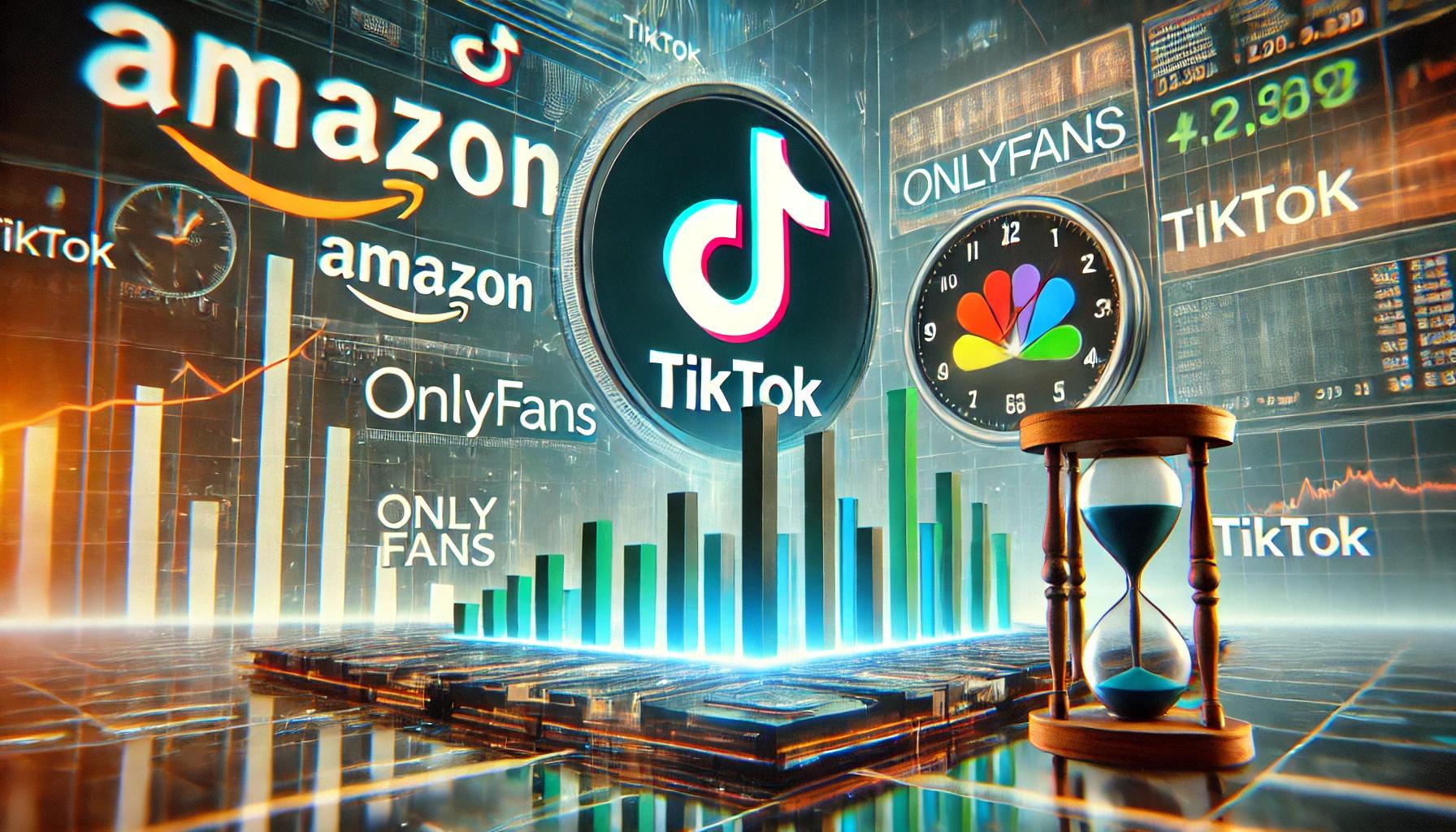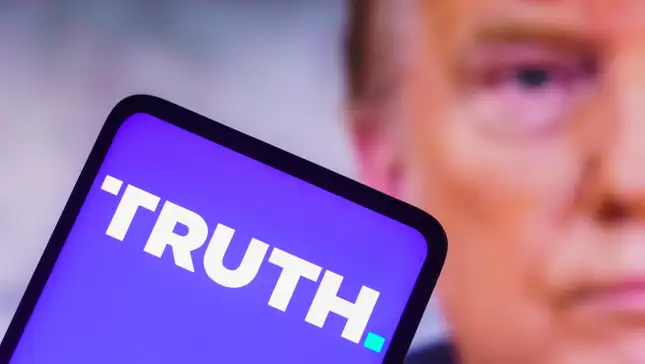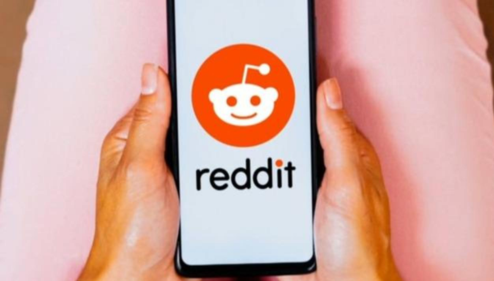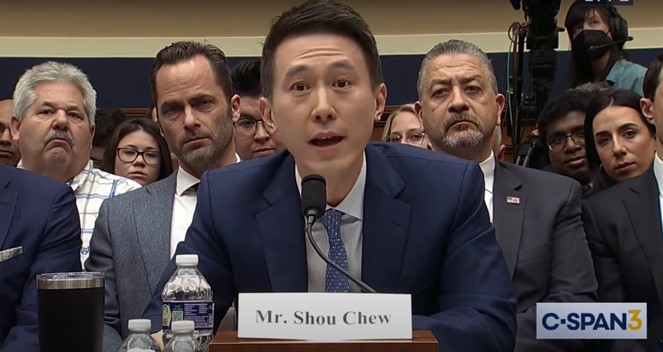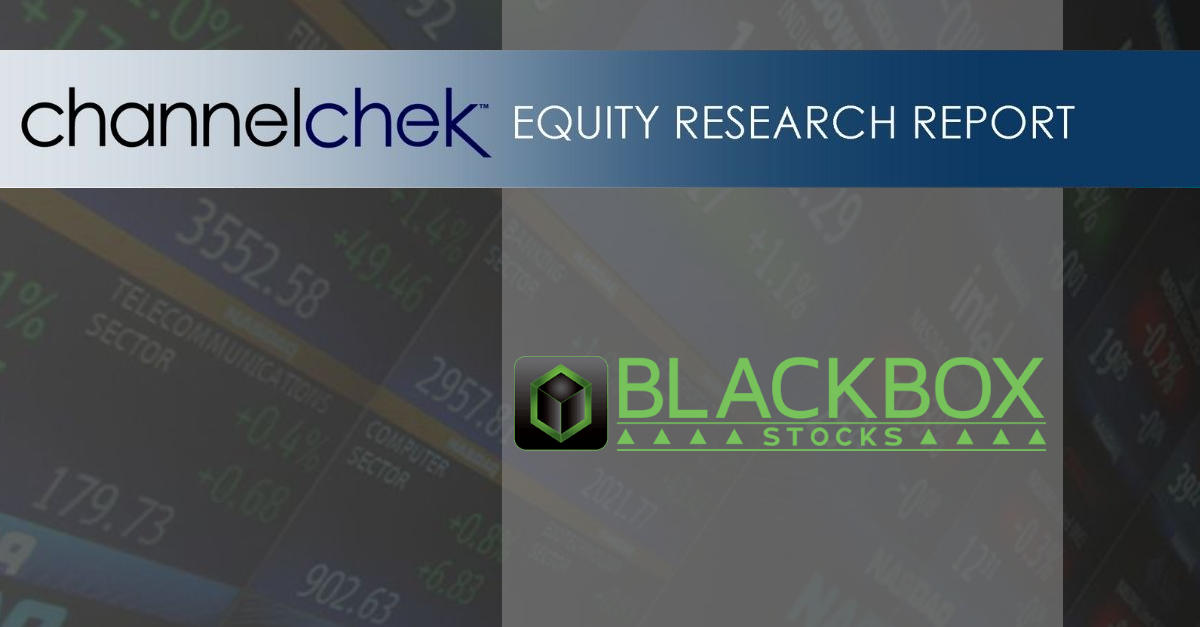| Key Takeaways: – Amazon and OnlyFans founder Tim Stokely have joined the bidding war for TikTok ahead of the April 5 U.S. divestment deadline. – Private equity firms and venture capital groups are exploring alternative funding options, including a potential buyout led by Oracle. – Regulatory concerns over Chinese ownership continue to drive the push for a sale, with the U.S. government insisting on a deal that reduces Beijing’s influence. |
As the April 5 deadline for TikTok’s U.S. divestment nears, the competition to acquire the short-video giant is intensifying. The latest bidders to emerge include tech giant Amazon and a consortium led by OnlyFans founder Tim Stokely, joining an already crowded field of private equity firms and venture capital investors looking to take control of TikTok’s U.S. operations. With the looming threat of a ban, TikTok’s fate remains uncertain, and the final buyer will play a crucial role in shaping the future of one of the world’s most popular social media platforms.
Amazon has reportedly sent a letter to Vice President JD Vance and Commerce Secretary Howard Lutnick confirming its interest in acquiring TikTok. Though Amazon has not publicly commented on its bid, the news has already made waves—Amazon’s stock rose by 2% following reports of its interest. The tech giant has long sought to strengthen its presence in social media, having previously acquired Twitch in 2014 and attempted to launch a TikTok-style feature called Inspire, which was later scrapped. If successful, an Amazon acquisition of TikTok would not only expand its reach among younger audiences but could also enhance its advertising business and e-commerce ecosystem.
Meanwhile, several private equity firms and venture capital groups are exploring potential deals. Blackstone is in discussions to join ByteDance’s non-Chinese investors, such as Susquehanna International Group and General Atlantic, to fund a U.S. takeover. Separately, venture capital firm Andreessen Horowitz is backing an effort led by Oracle to acquire TikTok’s U.S. business, a move that would sever the platform from its Chinese parent company.
In a surprising twist, Tim Stokely, the founder of OnlyFans, has thrown his hat into the ring. His new startup, Zoop, has partnered with a cryptocurrency foundation to submit a late-stage bid for TikTok. While the details of Zoop’s financial backing remain unclear, Stokely’s involvement signals an unconventional approach to TikTok’s future ownership, raising questions about how it might change the platform’s business model, content policies, and monetization strategy.
The U.S. government remains firm in its stance that TikTok’s Chinese ownership presents a national security risk. The 2024 law requiring ByteDance to divest TikTok by January 19 was passed with overwhelming bipartisan support, and failure to comply could result in a complete U.S. ban of the app. Washington officials argue that Chinese ownership could allow Beijing to influence U.S. users and collect vast amounts of American user data. ByteDance and TikTok have repeatedly denied these claims.
To comply with U.S. regulations, discussions are underway to create a new U.S.-based TikTok entity where Chinese ownership would be reduced below 20%. However, finalizing such a deal within days remains a significant challenge.
With multiple bidders vying for control and just days left to finalize a deal, TikTok’s future in the U.S. hangs in the balance. If no agreement is reached by April 5, the platform could face severe restrictions or even an outright ban. Whether Amazon, private equity investors, or unexpected players like Stokely’s Zoop ultimately take control, the outcome will have significant implications for the social media landscape and digital advertising industry.
